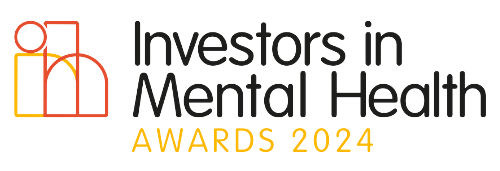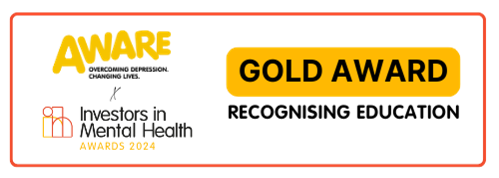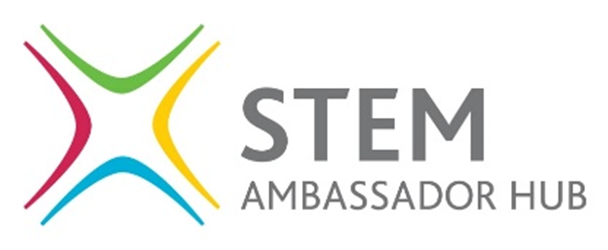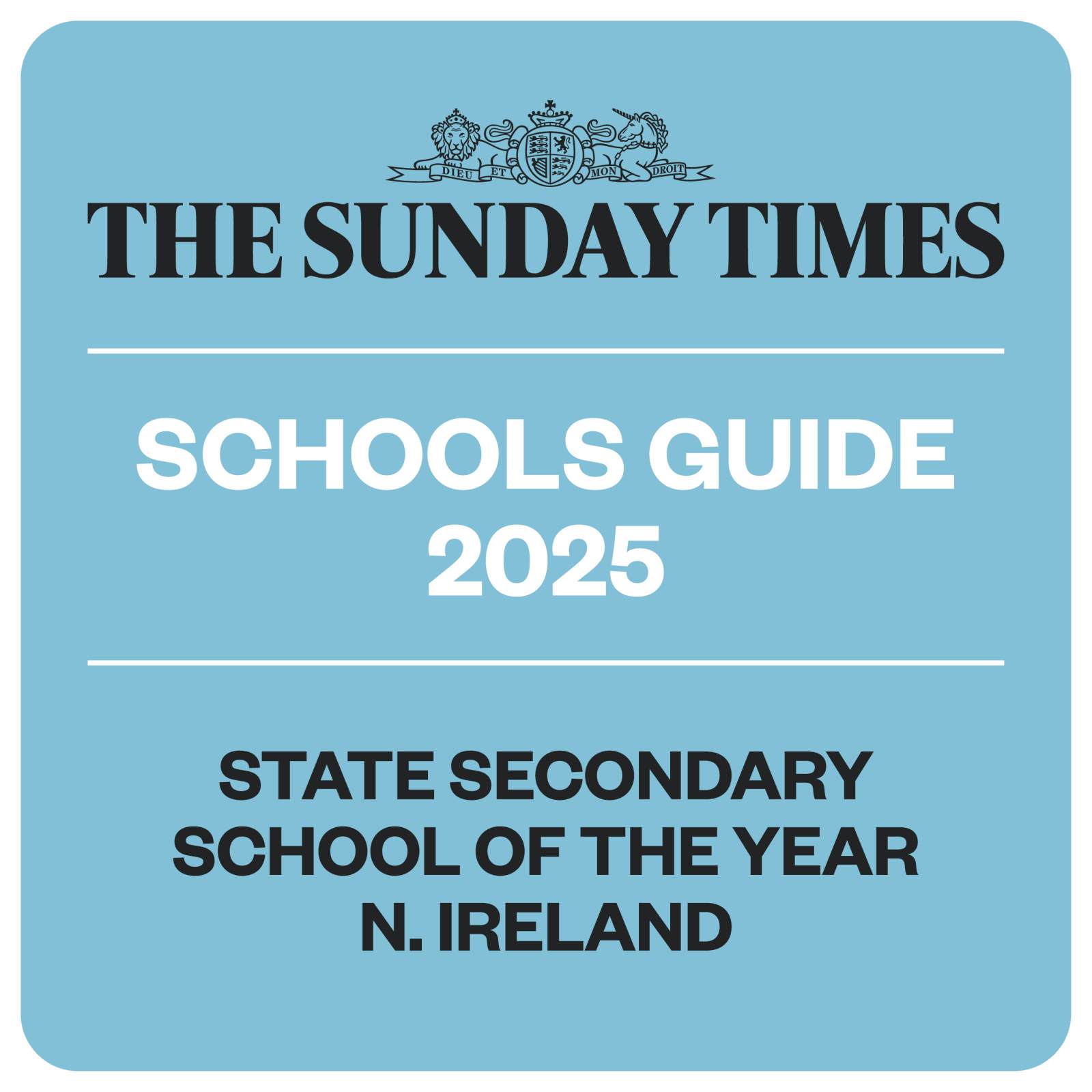Spanish
SPECIFIC AIMS OF THE DEPARTMENT
The Spanish Department in Aquinas is committed to helping our pupils become proficient linguists. We hope that our pupils:
derive enjoyment and benefit from language learning and be inspired by following a broad, coherent and worthwhile course of study;
• recognise that their linguistic knowledge, understanding and skills provide them with a suitable basis for further learning opportunities and opportunities for career progression;
• develop knowledge of and an enthusiasm for language learning skills by providing opportunities for the practical use of Spanish;
• develop the confidence to communicate effectively in Spanish;
• develop the ability to work independently and with others;
• develop an understanding of Spanish in a variety of contexts;
• develop awareness and understanding of Spanish-speaking countries and communities; and
• take their place as citizens in a multilingual, global society.
EXAM BOARD
CCEA
OVERVIEW OF KEY STAGE 3 CURRICULUM
Year 8
Term 1: Introduction to phonics, greetings, asking questions, your name, where you live, personality description, describing your passion, counting numbers 1-31, age, birthdays, siblings, Spanish alphabet, spelling, the definite and indefinite article, the verb ser, adjectival agreement, connectives, the verb tener.
Term 2: Expressing likes/dislikes, hobbies, opinions, expressions of frequency, weather, the verb hacer and jugar, days of the week, present tense -ar verbs.
Term 3: School subjects, present tense -ar, -er and -ir verbs, the verb gustar, adjectives, school facilities, describing teachers, break-time activities, time expressions.
Year 9
Term 1: Family, descriptions, hair and eyes, numbers, family members, where you live.
Term 2: Places in town, description, in the café, food, what you do in town, the verb ir, the immediate future, telling the time.
Term 3: Shops, different types of shopping and items you can buy, description, adjectival agreement, clothes, trends.
Year 10
Term 1: What I enjoy doing, my weekly activities, cinema, birthdays, the immediate future, the preterite tense, stem-changing verbs, present tense regular verbs, use of hacer, ir and ser.
Term 2: Jobs, tasks you have to do, conditional tense, a typical work day, personal qualities, describing your job.
Term 3: Health, food, a healthy diet, likes, dislikes and opinions, stem-changing verbs, use of “se debe”, daily routine, illness, body parts, direct object pronouns.
OVERVIEW OF KEY STAGE 4 CURRICULUM
https://ccea.org.uk/key-stage-4/gcse/subjects/gcse-spanish-2017
Students develop their knowledge and understanding by studying three Contexts for Learning:
They use Spanish across the range of contexts to:
Understand and respond to different types of spoken language (Listening (25%);
Communicate and interact effectively in speech (Speaking (25%);
Understand and respond to different types of written language (Reading (25%);
Communicate in writing (Writing (25%).
Context for Learning 1: Identity, Lifestyle and Culture;
Myself, my family, relationships and choices (for example family and friends)
Social media and new technology (for example online communications, computers, tablets and smartphones)
Free time, leisure and daily routine (for example sports, hobbies, cinema, TV, music, dance, fashion, eating out, shopping, at home, at school and at the weekend)
Culture, customs, festivals and celebrations (for example Easter, Christmas, birthdays, cultural activities and events, national holidays, celebrations and cuisine)
Context for Learning 2: Local, National, International and Global Areas of Interest
My local area and the wider environment (for example home, neighbourhood, town or city, places to visit, region and country)
Community involvement (for example charity and voluntary work)
Social and global issues (for example health, lifestyle, antisocial behaviour, caring for others and caring for the environment)
Travel and tourism (for example holidays, destinations, transport, tourist information, weather, directions, accommodation, activities, shopping and eating out)
Context for Learning 3: School Life, Studies and the World of Work.
My studies and school life (for example school subjects, uniform, timetable, rules and regulations)
Extra-curricular activities (for example clubs, societies, events, trips and visits)
Part-time jobs and money management (for example evening work, weekend work and work experience)
Future plans and career (for example post-16 education, further studies, employment, aspirations and choices)
OVERVIEW OF KEY STAGE 5 CURRICULUM
https://ccea.org.uk/post-16/gce/subjects/gce-spanish-2016
There are six assessment units in this specification, three at AS level and three at A2:
Unit AS 1: Speaking; 30% of AS level 12% of A level
Unit AS 2: Section A – Listening, Section B – Reading and Section C – Use of Language; 40% of AS level 16% of A level
Unit AS 3: Extended Writing; 30% of AS level 12% of A level AS: 40% of A level
Unit A2 1: Speaking; 18% of A level
Unit A2 2: Section A – Listening and Section B – Reading; 24% of A level
Unit A2 3: Extended Writing. 18% of A level A2: 60% of A level
AS level Relationships
Students have the opportunity to understand and explore these topics/issues in Spanish:
- different family structures;
- roles, responsibilities and relationships within families;
- challenges for families;
- intergenerational issues; and
- influences on young people, for example peers, family and friends.
Culture and Lifestyle
Students have the opportunity to understand and explore these topics/issues in Spanish:
- physical well-being, for example diet or exercise;
- risk-taking behaviour, for example smoking, alcohol and drugs or extreme sports;
- dealing with stress and challenges, for example school or examinations;
- hobbies and interests, for example sport or music;
- the arts, film, fashion and design;
- social media and new technology; and
- holidays, festivals and tourism.
A2 Young People and Society
Students have the opportunity to understand and explore these topics/issues in Spanish:
- part-time jobs;
- education and employment;
- career planning – aspirations and/or intentions;
- young people and democracy;
- European citizenship – advantages, disadvantages and opportunities; and
- societal attitudes and young people.
Our Place in a Changing World
Students have the opportunity to understand and explore these topics/issues in Spanish:
- equality/inequality and discrimination/prejudice;
- poverty at home and abroad – causes, consequences and measures to combat it;
- immigration and emigration – causes, benefits and related issues;
- multicultural society and cultural identity – benefits and challenges;
- causes, consequences and resolution of conflict; and
- sustainable living and environmental issues.
ADDITIONAL INFORMATION
We encourage our pupils to take part in extra-curricular activities such as the Aquinas Spanish Club and events, talks and competitions run by QUB, NICILT, the AILO Linguistics Olympiad and the Instituto Cervantes, for example.
The Spanish Department currently offers our pupils the opportunity to participate in the Study Tour to Academia Mester, Salamanca.
Spanish is a global language, one of the official languages of the European Union, one of six official languages of the United Nations, and the fastest growing language in the world. It is also the second most studied language in the world.
“If you talk to a man in a language he understands, that goes to his head. If you talk to him in his language, that goes to his heart.” Nelson Mandela.












